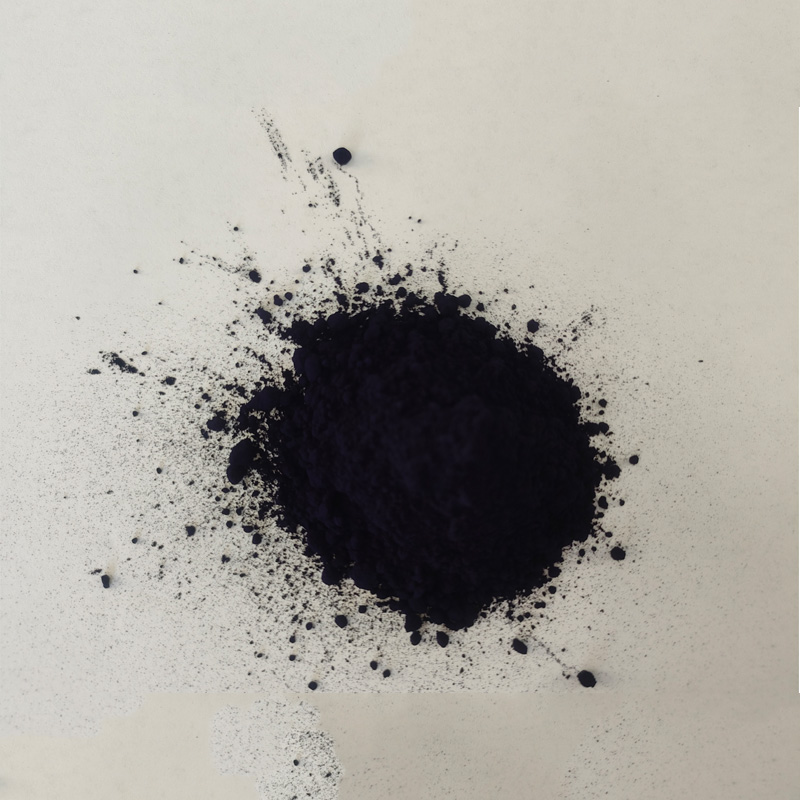natural blue dye fabric products
Natural Blue Dye Fabric Products A Sustainable Choice for Fashion
In an age where sustainability is becoming increasingly essential, the textile industry is undergoing a remarkable transformation. One of the most fascinating areas of this transformation is the use of natural dyes, particularly blue dyes derived from natural sources. From fashion to home textiles, natural blue dye fabric products have captured the attention of environmentally-conscious consumers, designers, and brands.
Natural blue dyes have a rich history that dates back thousands of years. Ancient civilizations, such as the Egyptians, used indigo extracted from the plant Indigofera tinctoria, while other cultures employed similar plants to produce a stunning array of blue hues. Today, there is a renewed interest in these traditional methods, as consumers seek alternatives to synthetic dyes that are often harmful to both the environment and human health.
One of the most prominent natural blue dyes is indigo. Indigo dyeing is a fermented process that involves soaking the fabric in an indigo solution. The process not only produces a unique and vibrant shade of blue but also creates a distinctive aesthetic, as the dye develops over time and the fabric softens with each wash. This creates a beautiful patina that tells a story of wear and use, making it a favorite among those who appreciate craftsmanship and authenticity in their clothing.
In addition to its aesthetic appeal, the use of natural blue dyes contributes to sustainability in fashion. Synthetic dyes are derived from petroleum and other toxic chemicals, which can not only harm the environment but also affect the health of those who work in dyeing facilities. In contrast, natural dyes are biodegradable and generally safer for the environment. By choosing products made from natural blue dyes, consumers can support eco-friendly practices and reduce their carbon footprint.
natural blue dye fabric products

Moreover, natural blue dye fabric products often come from sustainable farming practices. Many artisans and small-scale producers who work with natural dyes also engage in organic farming, cultivating indigo and other dye plants without the use of harmful pesticides and fertilizers. This holistic approach not only supports biodiversity but also promotes a healthier ecosystem, making these products a better choice for the planet.
The versatility of natural blue dye fabric is another reason for its growing popularity. From elegant dresses and activewear to home decor items like curtains and cushions, blue-dyed fabrics can be found everywhere. Designers are increasingly incorporating these fabrics into their collections, drawn to their unique textures and the stories behind their creation. This movement reflects a broader trend in fashion towards embracing artisanal methods and supporting local craftsmanship.
Furthermore, as the demand for transparency in the fashion supply chain increases, brands that use natural blue dyes often share their sourcing and production practices. This transparency builds consumer trust and encourages a shift towards ethical fashion. Shoppers are increasingly interested in knowing where their clothes come from and how they are made, and by choosing natural blue dye products, they can ensure that their fashion choices align with their values.
In conclusion, natural blue dye fabric products represent a sustainable and stylish alternative to synthetic dyes. With their rich history, environmental benefits, and aesthetic appeal, these products not only enhance our wardrobes but also contribute positively to the planet. As we continue to embrace sustainability in fashion, the natural blue dye movement is poised to grow, offering consumers an array of beautiful, eco-friendly options that reflect both personal style and a commitment to the environment.
-
The Timeless Art of Denim Indigo Dye
NewsJul.01,2025
-
The Rise of Sulfur Dyed Denim
NewsJul.01,2025
-
The Rich Revival of the Best Indigo Dye
NewsJul.01,2025
-
The Enduring Strength of Sulphur Black
NewsJul.01,2025
-
The Ancient Art of Chinese Indigo Dye
NewsJul.01,2025
-
Industry Power of Indigo
NewsJul.01,2025
-
Black Sulfur is Leading the Next Wave
NewsJul.01,2025

Sulphur Black
1.Name: sulphur black; Sulfur Black; Sulphur Black 1;
2.Structure formula:
3.Molecule formula: C6H4N2O5
4.CAS No.: 1326-82-5
5.HS code: 32041911
6.Product specification:Appearance:black phosphorus flakes; black liquid

Bromo Indigo; Vat Bromo-Indigo; C.I.Vat Blue 5
1.Name: Bromo indigo; Vat bromo-indigo; C.I.Vat blue 5;
2.Structure formula:
3.Molecule formula: C16H6Br4N2O2
4.CAS No.: 2475-31-2
5.HS code: 3204151000 6.Major usage and instruction: Be mainly used to dye cotton fabrics.

Indigo Blue Vat Blue
1.Name: indigo blue,vat blue 1,
2.Structure formula:
3.Molecule formula: C16H10N2O2
4.. CAS No.: 482-89-3
5.Molecule weight: 262.62
6.HS code: 3204151000
7.Major usage and instruction: Be mainly used to dye cotton fabrics.

